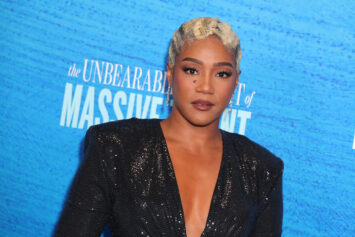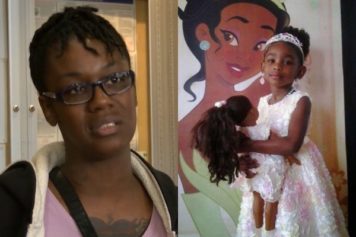Recent events involving African-American NFL football players Ray Rice and Adrian Peterson
were a missed opportunity to provide a teachable moment for America. Both men were
widely criticized for their individual choices and behaviors, ones that led to a woman being
battered and a child being abused. For the most part, however, there was no productive,
public dialogue about the underlying issues and stigmas.
Using physical abuse to resolve relationship conflicts or punishing children with switches rather than other, more measured forms of discipline are learned behaviors – and therefore can be “unlearned.”
Over the past two decades, I’ve had the opportunity to conduct research directly with
hundreds of low-income boys and men of color (BMOCs). I’ve heard their reasons for their
behaviors, even as l listened with an ear toward developing shareable counter-arguments to
their perceptions and the barriers to healthy behavior change. Men in domestic-abuse or
corporal-discipline situations have modeled how others “handle their business” with anger,
fists and domination. They see it in popular culture—on TV, at the movies and woven into
music. They see it in their families (often passed on from generation to generation). Black
men who use violence as a means of control may justify their actions by saying, “that’s how I
was raised.” Others have come to believe that it is a cultural artifact among African-Americans.
Some men of color have internalized violence based on their interactions (both historical and
contemporary) with mainstream society. Enslaved Africans brought to this country as free
labor learned quickly that violence by those in charge was a way to control their actions—and
even their thoughts of freedom. The seeds sown in this ugly period of American history are
paying some disturbing dividends.
We have to think about what kinds of messages boys and men of color receive, at the home,
community and society level, about what it means to truly “be a man.” In a nation where
they often feel disempowered in the workforce and other venues and have had to face both
overt and covert racism, sometimes these men choose negative ways to exert power and
control in their “castle.” Harsh discipline of children going back to slavery and into the civil
rights movement was seen by some parents as a way of protecting them from the even
harsher consequences (including run-ins with the police and even death) of “acting out” in
public.
We now need to create reframing strategies that enable prevention and recovery messages
to be effective in changing abusive behaviors among some men of color. To do so, messages
must be culturally relevant and engage men in a way that is not attacking, shaming or
creating more stigmas or negative stereotypes about this population.
I have personally witnessed young men internalize and act on messages when they are culturally relevant (and reflect oral communications culture), put in the proper context and provide a clear understanding of the costs-benefits of making a change. Once men are engaged properly (without talking down to or judging them about their current views), they, in turn, will generate the kind of word-of-mouth that creates norms change and stigma reduction within the community at large.
Holding an open and honest dialogue and creating culturally relevant reframing strategies
can encourage males who have exhibited violent behaviors to get treatment. Otherwise, we
run the risk of driving domestic violence further underground, as both victims and
perpetrators are silenced. Widely disseminating recovery messages at the community level
can also serve as prevention for young men who are just starting their own families or
engaging in intimate relationships. We can model what healthy parenting behaviors and
partner relationships look like.
We must go beyond the hype and understand what men like Ray Rice and Adrian Peterson
need in their lives in order to react differently in moments of conflict. What’s the recovery or
prevention messages men like these could internalize and share with their peers? My goal is
to be part of the solution. We can identify and replicate promising approaches and culturally
relevant behavioral-health intervention strategies that can change male behavioral norms in
communities of color.
Ivan Juzang is the Founder and President of MEE Productions Inc., a nationally recognized communications and marketing firm specializing in public health messages for hard-to-reach audiences.


